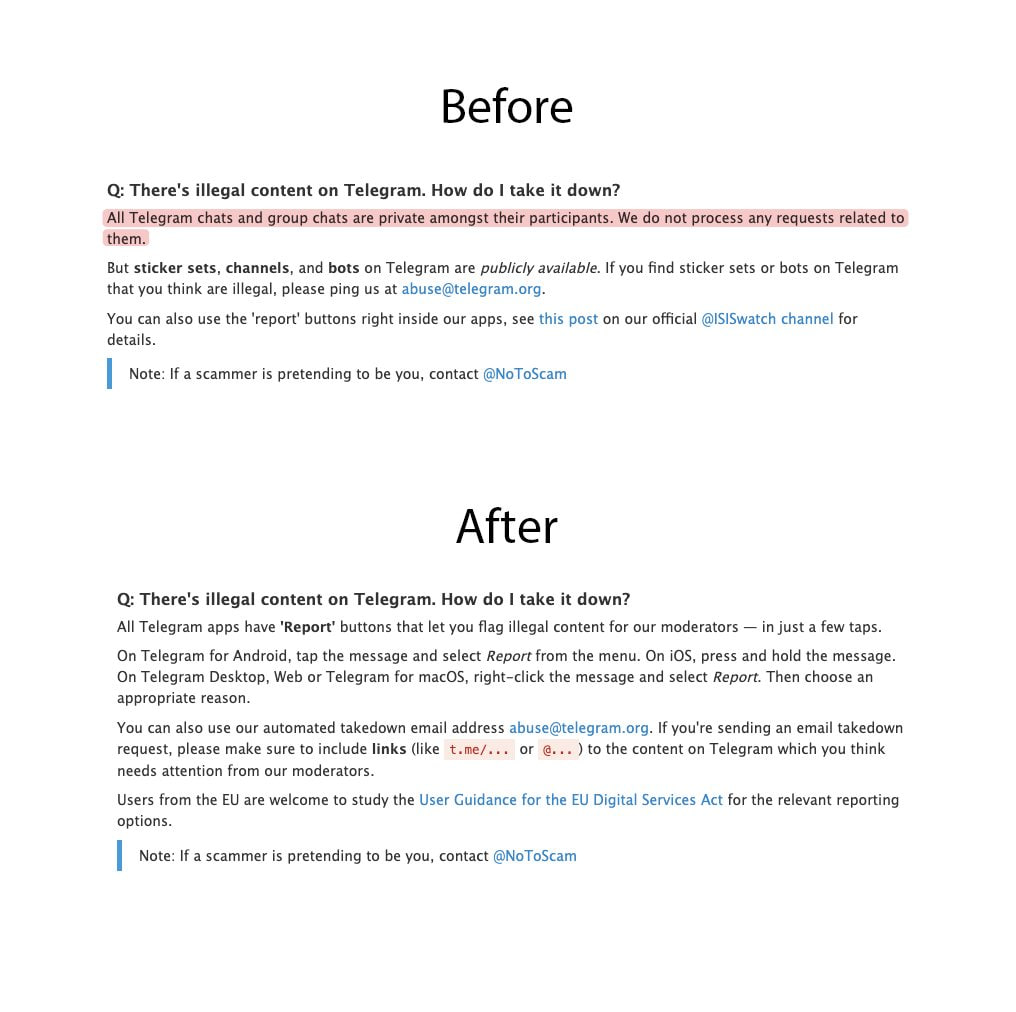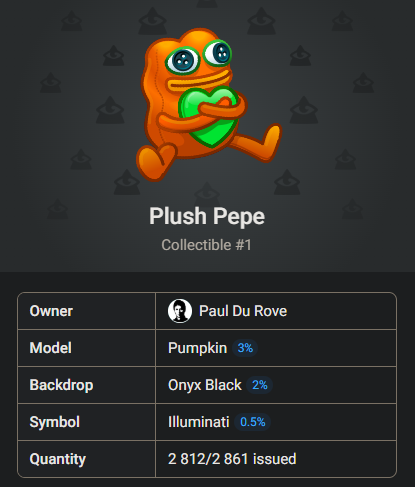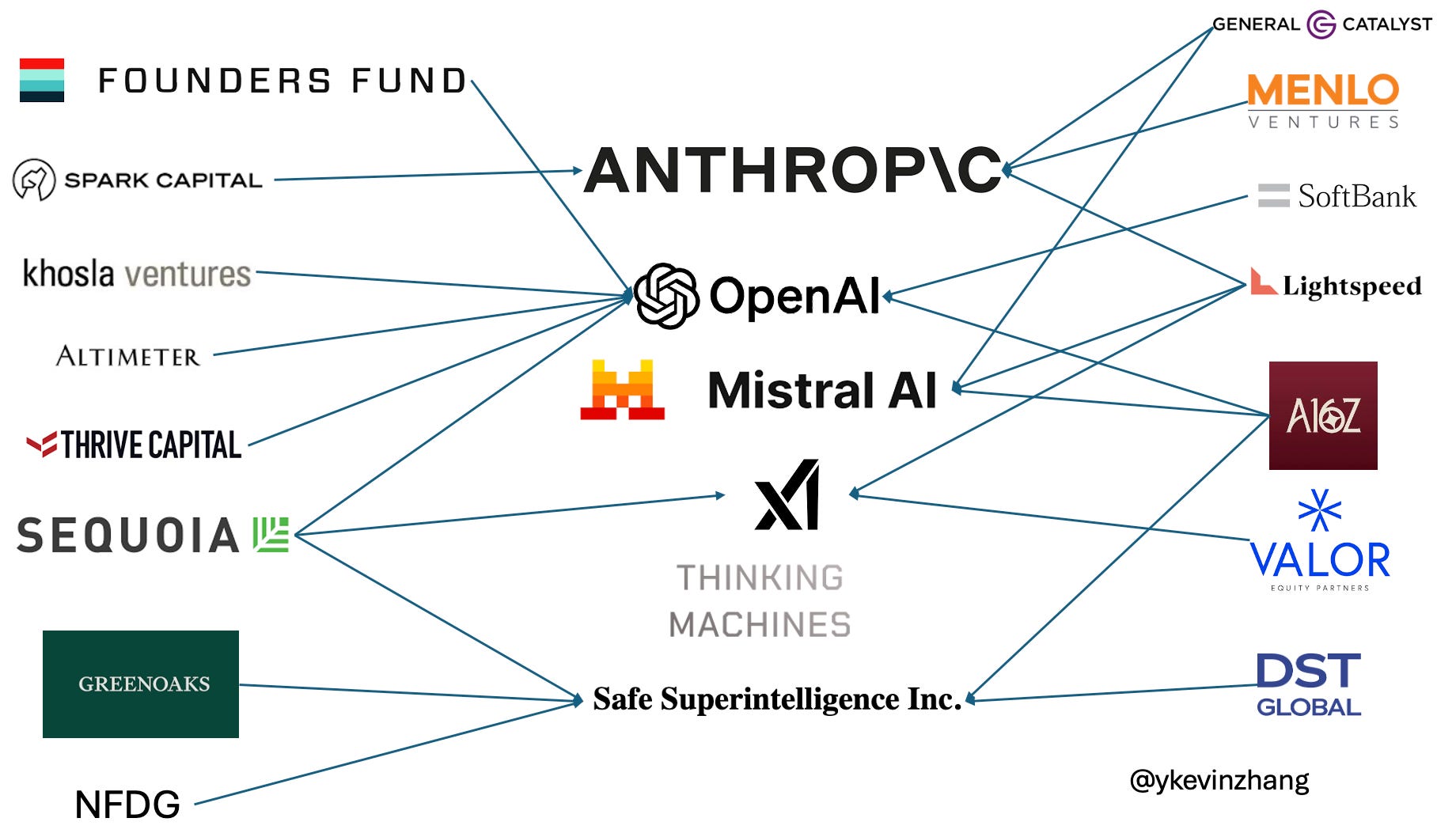The circulating information about the phrasing being moved to another section relates solely to copyright issues and is not connected to inappropriate content. This section had already existed before, with the recent changes clarifying some provisions.
One of the key updates is the introduction of moderation features in private groups, added in response to numerous user complaints about inappropriate content. Now, administrators can remove messages and block members who violate the rules.
Telegram representatives explained that the changes in the FAQ section aimed to improve the transparency and ease of submitting complaints. Additionally, the platform now allows users to report content that violates the Digital Services Act of the European Union, enabling more effective protection of rights and reporting of violations in line with European legislation.










